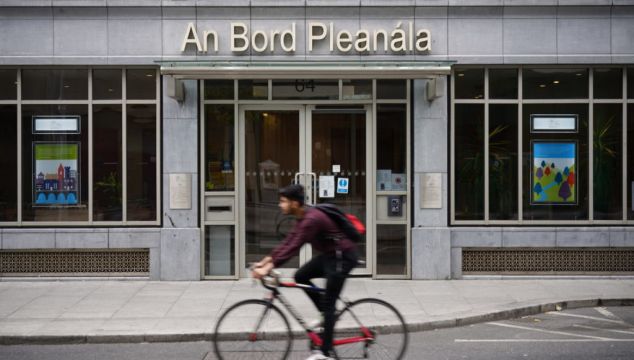The High Court has overturned permission for 131 rental apartments in Clontarf, north Dublin, after finding a roofed courtyard did not constitute “open” space.
Mr Justice David Holland also held that An Bord Pleanála erred by failing to consider whether it should seek information from Dublin Bus about the capacity to service the area at peak times.
He said he provisionally believes the planning application should be remitted for fresh consideration by the board, but he will hear from the parties on this point later this month.
The board’s December 2021 approval of four blocks of up to six storeys at Redcourt, Seafield Road, was challenged by Martin Stapleton, who lives in a neighbouring property at Seacourt.
More than 350 objections had been lodged before the board granted fast-tracked permission under the now-expired strategic housing development regime.
Mr Stapleton, represented by Ken Kennedy Solicitors, challenged the decision on domestic and European law grounds, including that the required communal open space is not, in fact, open, due to being covered by a plastic roof and enclosed on four sides by the housing blocks.
He also alleged the board erred by finding there would be adequate public transport services to meet the needs of the new residents.
'Binary' choice
In a judgment published on Thursday, Mr Justice Holland said he faced a “binary” choice of whether the courtyard qualifies as “open space”.
“The space is either open or it is not. While the possibility of a third intermediate category of space was discussed at trial, in the end that is irrelevant,” he said.
He said the open louvres between the long edges of the roof and the buildings below do not turn the courtyard into an open space “just as an open window does not turn indoor space into outdoor space”.
It follows that the proposed development materially contravenes the development plan’s communal open space requirements.
The approval fails on the basis that the board did not invoke a procedure for permitting contraventions of the local plan.
Quashing the decision is also warranted by the board’s error of failing to at least consider and decide whether to bespeak certain correspondence from Dublin Bus, the judge said.
It may yet prove that Dublin Bus disagrees with the objecting residents and considers that the number 130 bus has sufficient capacity to serve the area at all hours, he said. However, the judge said he cannot assume any of that.
Mr Stapleton’s case was against the board, the Minister for Housing, Ireland and the Attorney General. Developer Savona Ltd and Dublin City Council were notice parties.







